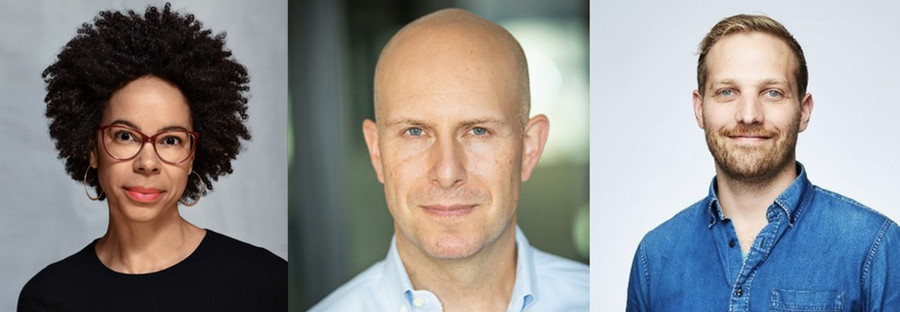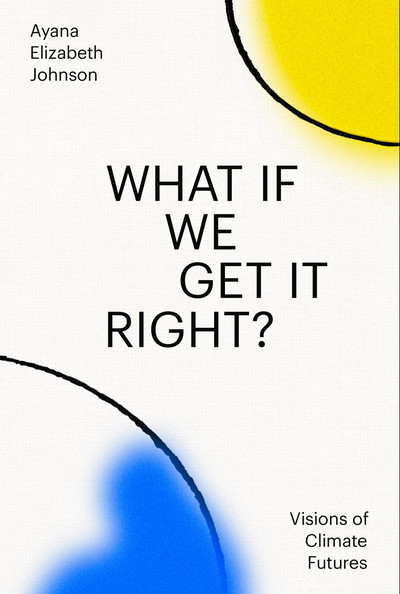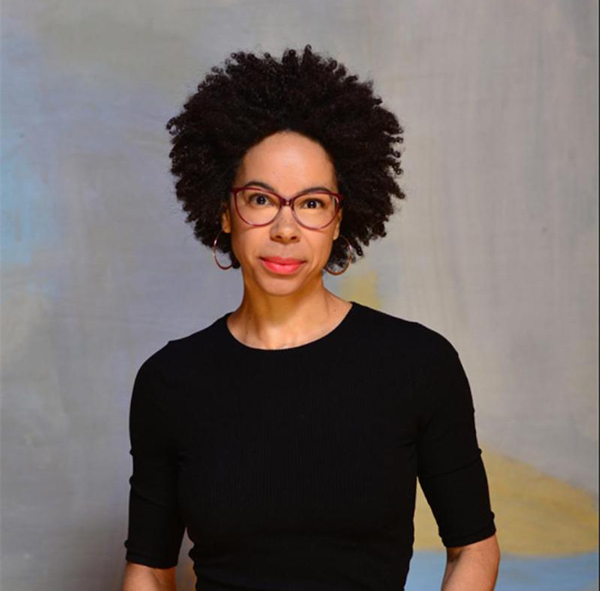Bowdoin to Host Forum on Climate Change and Election
By Tom PorterJohnson, a marine biologist, policy expert, writer, and teacher, will be joined by Nathaniel Stinnett, founder of the Environmental Voter Project, and Whit Jones, climate campaigner and youth organizer. Jones is campaign director for Lead Locally, a nonprofit aiming to promote the green economy by electing suitable candidates at the state and local level.

The public event, called “What If We Get It Right? Climate Change, Politics, and the Election,” is on Friday, September 20, in the Visual Arts Center’s Kresge Auditorium. The discussion will consider factors such as the electoral power of the climate-motivated voter, what’s at stake on the climate front in the upcoming election, and the social science that motivates people to cast their ballots.
“I invited the founders of two different nonprofits that I've been collaborating with for years,” explains Johnson. “We're going to be talking about what it means to mobilize people who are concerned about the environment to vote—the hurdles, the opportunities.”
The Environmental Voter Project (the group founded by Stinnett) came about to try to reach the eight million registered American voters who list the environment as their number-one issue yet who did NOT vote in the 2020 election, says Johnson. “That number is even higher for 2016,” she adds. “Given how close elections are, fixing the voter turnout problem of the environmental movement could make a huge difference.”
Lead Locally, meanwhile, is all about supporting what Johnson calls “downballot” climate candidates: “That’s city council members, port commissioners, public utility commissioners, mayors who are running on a strong climate platform and need some support.”

The event will also be discussing issues raised in Johnson’s latest book, What If We Get It Right? Visions of Climate Futures (published this week by Penguin Random House). The work comprises several essays by Johnson and some twenty interviews with people who, she says, all play a part in creating the future. These include farmers, foresters, architects, financiers, policymakers, activists, and technologists. The visually striking publication also includes art, poetry, and data, exploring what it takes to make the right decisions on climate policy.
Rather than focus on dire warnings about how bad things could get (although one chapter of the book does look at this), Johnson says she has chosen to stress more what things could look like if we get climate policy right.
One significant factor, she says, is that we already have many of the solutions we need. “We know how to transition to clean energy. We know how to green our buildings. We know how to grow food in ways that are softer on the planet. We know how to protect and restore nature and have better public transport.” There are no big mysteries here, explains Johnson. “It’s just a question of figuring out how to unlock the political will and the cultural shifts that let us do all those things.”
Johnson says one of the reasons she’s looking forward to the upcoming conversation so much is that she did not get a chance to interview Stinnett and Jones in her book. (She would love to have included them, she says, but by this time the publishers said there was no room for any more chapters!)
Friday’s event starts with a reception and book signing at 6:00 p.m. before the discussion gets underway at 7:00 p.m.
This event comes near the start of a nationwide tour—beginning in New York City on September 17—during which Johnson and her colleagues will visit nineteen cities by the end of October.
